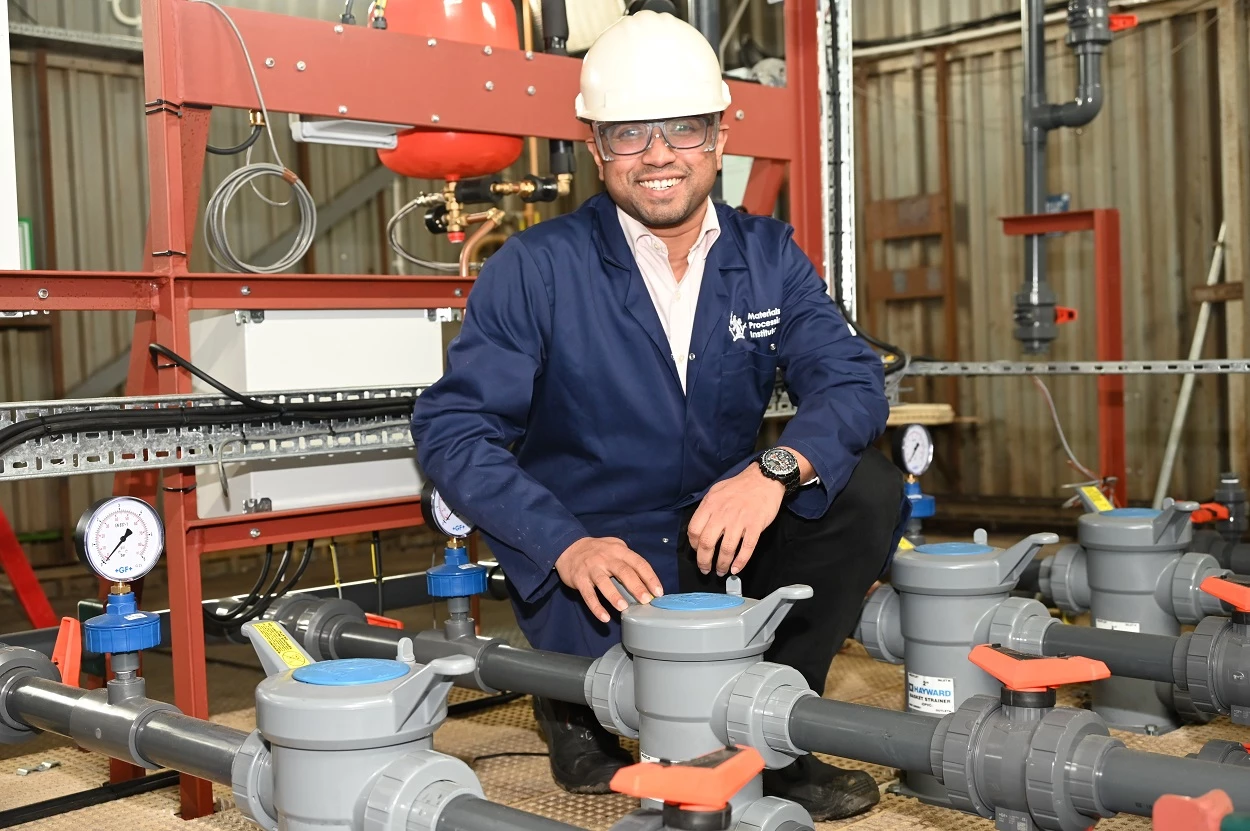
Partner Article
Materials Processing Institute Leads Major Zinc Recovery Project
The Materials Processing Institute is leading a £250,000 project designed to unlock a practical method of removing zinc from by-products produced as part of the iron and steelmaking processes.
Part of PRISM, the Innovate UK-funded programme which supports research and innovation in the steel and metals sector, the Institute will collaborate with British Steel, Tata Steel, CELSA Group, and Marcegaglia Stainless.
The 17-month project unites the sector to identify a sustainable and cost-effective method that will allow more iron to be recovered and reused in the iron and steelmaking process and more zinc to be recovered for reuse within separate UK supply chains.
It will investigate and evaluate several potential solutions, including pyrometallurgy, a conventional process that recovers non-ferrous and precious metals from electronic waste, ultra-sonic separation, a technology that uses high-frequency ultrasound to separate materials, and a hydrometallurgical process that oxidises metallic zinc in ionic liquids.
While a proportion of iron and zinc by-products produced by both steel making methods can be re-used, in a blast furnace once the concentration of zinc rises above a certain level the iron units are no longer able to be recovered. The low boiling point of metallic zinc, compared with much higher furnace temperatures, causes it to volatilize and recondense, causing scab formations of zinc to form on the furnace wall.
The global steel industry has tried without success to find a practical solution for zinc removal from by-products for many years so more iron can be recovered for re-use in blast furnaces.
Chris McDonald, Chief Executive Officer of the Teesside-based Materials Processing Institute, a not-for-profit organisation, said: “This is very much a collaborative effort involving the UK’s leading iron and steel makers and innovators in order to deliver the most effective technological, economic and environmental method of recovering and re-using this high valued material.”
Innovate UK, the UK’s innovation agency, supports the UK’s businesses to grow through the development and commercialisation of new products, processes and services supported by an outstanding innovation ecosystem. The PRISM programme being undertaken by the not-for-profit Institute, is focused on supporting innovation in the three key areas of decarbonisation, digital technologies, and the circular economy.
This was posted in Bdaily's Members' News section by Caroline Walker .
Enjoy the read? Get Bdaily delivered.
Sign up to receive our daily bulletin, sent to your inbox, for free.








 Navigating the messy middle of business growth
Navigating the messy middle of business growth
 We must make it easier to hire young people
We must make it easier to hire young people
 Why community-based care is key to NHS' future
Why community-based care is key to NHS' future
 Culture, confidence and creativity in the North East
Culture, confidence and creativity in the North East
 Putting in the groundwork to boost skills
Putting in the groundwork to boost skills
 £100,000 milestone drives forward STEM work
£100,000 milestone drives forward STEM work
 Restoring confidence for the economic road ahead
Restoring confidence for the economic road ahead
 Ready to scale? Buy-and-build offers opportunity
Ready to scale? Buy-and-build offers opportunity
 When will our regional economy grow?
When will our regional economy grow?
 Creating a thriving North East construction sector
Creating a thriving North East construction sector
 Why investors are still backing the North East
Why investors are still backing the North East
 Time to stop risking Britain’s family businesses
Time to stop risking Britain’s family businesses